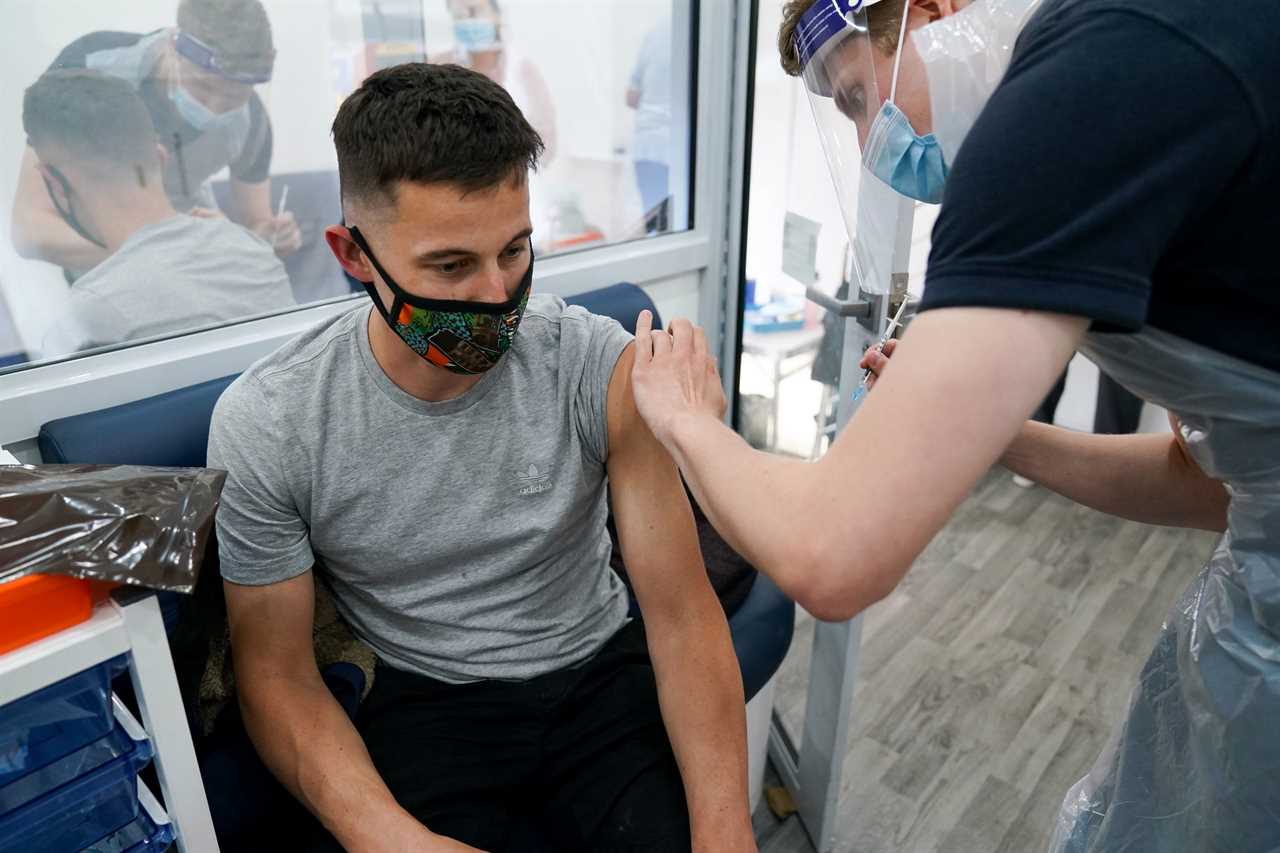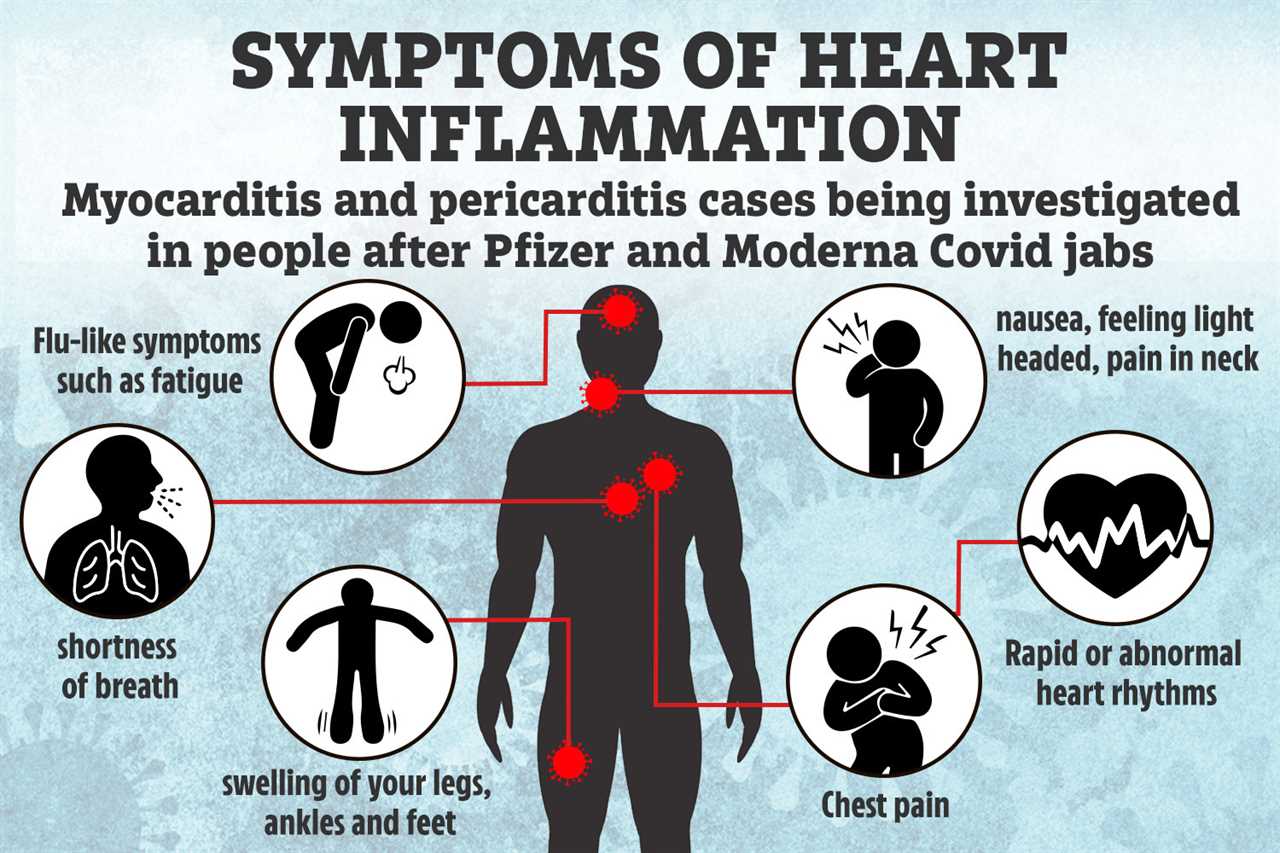TEENAGE boys are 14 times more likely to suffer with heart swelling after the Pfizer Covid jab, a study has found.
It comes a week after it was confirmed the NHS could start dishing out vaccines to 16 and 17 year olds.

One jab of Pfizer will be offered to British teens, who won’t need their parent’s consent to get protected.
But experts have raised concerns about side effects in youngsters after their vaccines.
Young lads are more likely to develop myocarditis, a rare heart complication, doctors at Boston Children’s Hospital found.
The new research was based on the results of 15 children, who suffered with the problem after getting Pfizer’s vaccine. Only one was a girl.
It follows other US studies which suggested the risk of the rare condition is higher in teenage boys.
All of the patients experienced chest pain a few days after being jabbed, but none had a severe bout or needed intensive care.
However experts agree getting vaccinated far outweighs any small risk of an adverse side effect.
There have been incidents where people have suffered a serious reaction to their Covid jab, but this has been a very small percentage of those vaccinated.
Reacting badly to any vaccination is very rare, with any side effects usually minimal.
Myocarditis is an inflammation of the heart muscle while pericarditis is inflammation of the lining outside the heart.
The MHRA said in June it had concluded the jabs “may be linked with a small increase in the risk of these very rare conditions”.
Dr June Raine, MHRA Chief Executive, said: “No medicine is without risk, and in this case the risk appears to be small. We will continue to monitor this issue closely.
“The benefit risk balance for the Pfizer/BioNTech and for the Moderna vaccine remain favourable.
“It is still vitally important that people come forward for their first and second vaccination when invited to do so, unless advised otherwise.”
Because the odds are so low, experts still say the benefits of getting a Covid jab still outweigh any potential risks.







